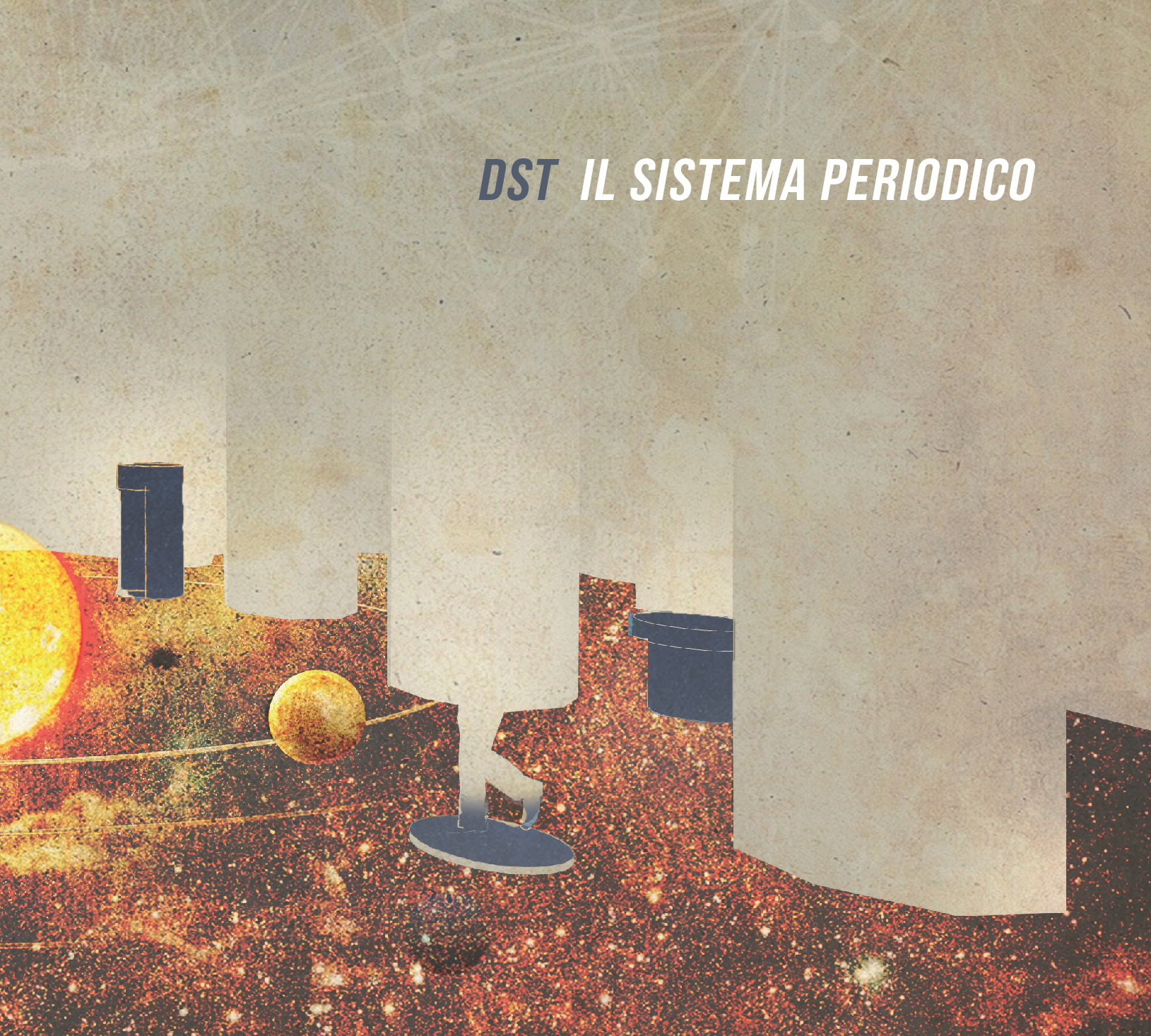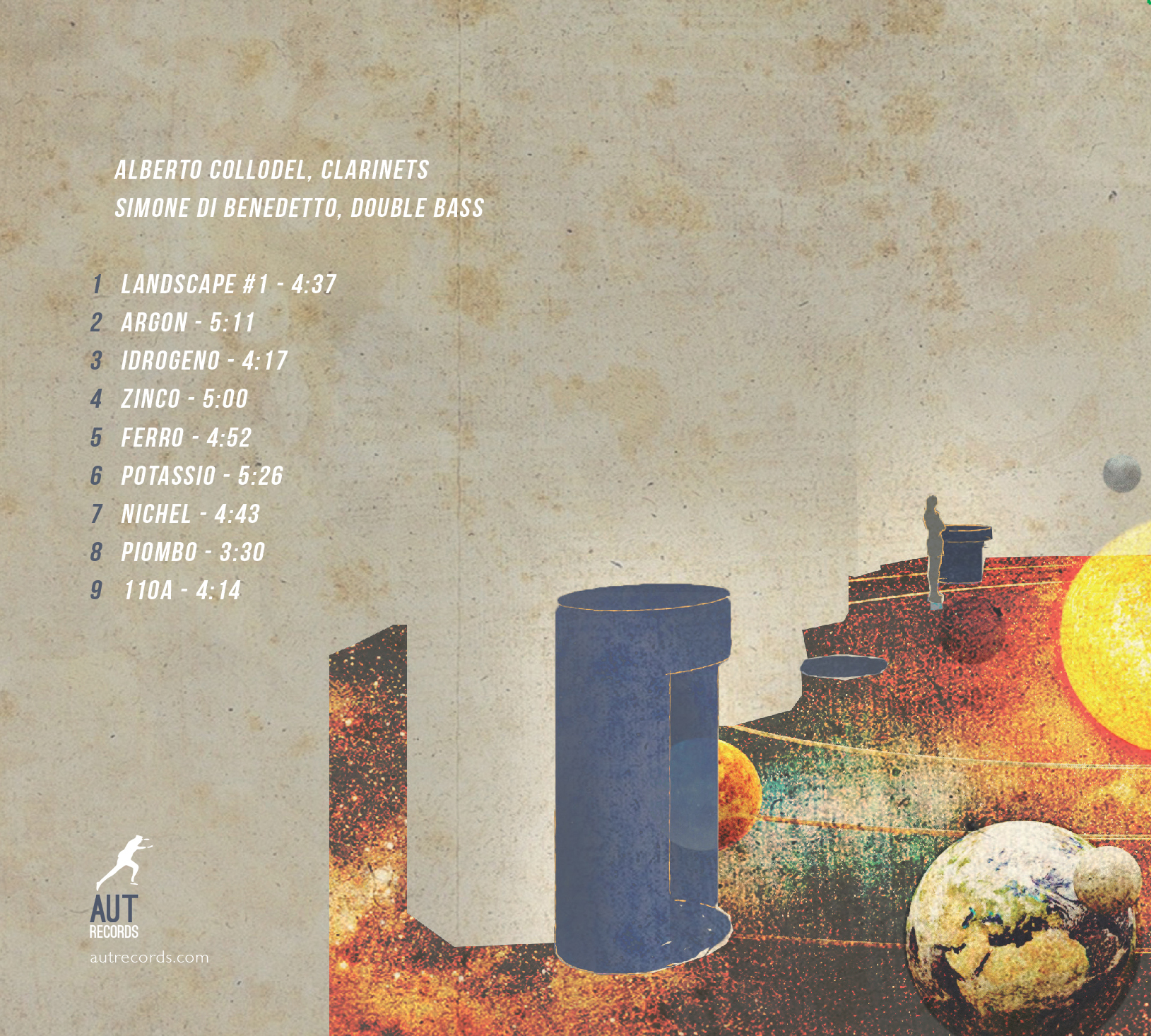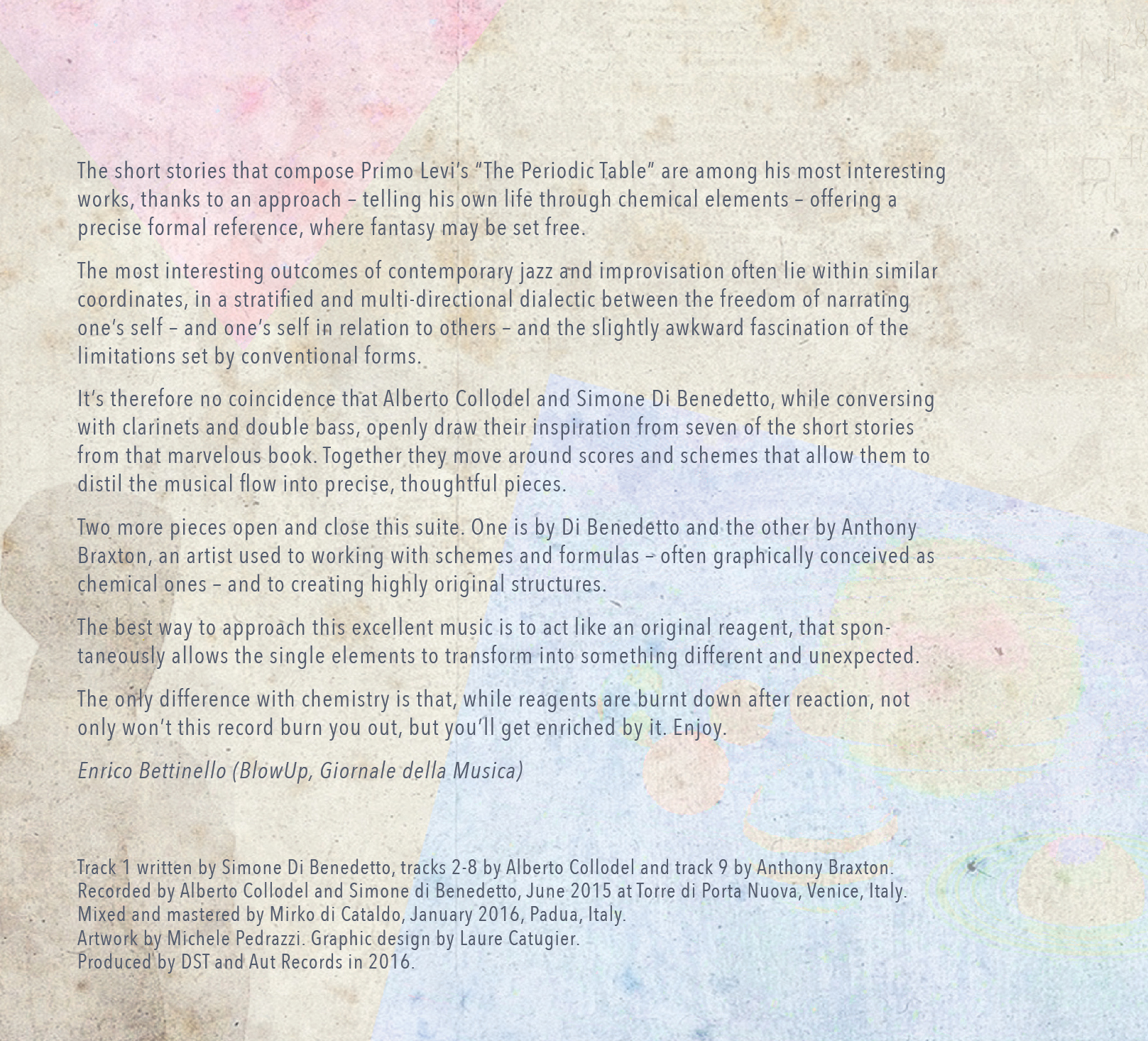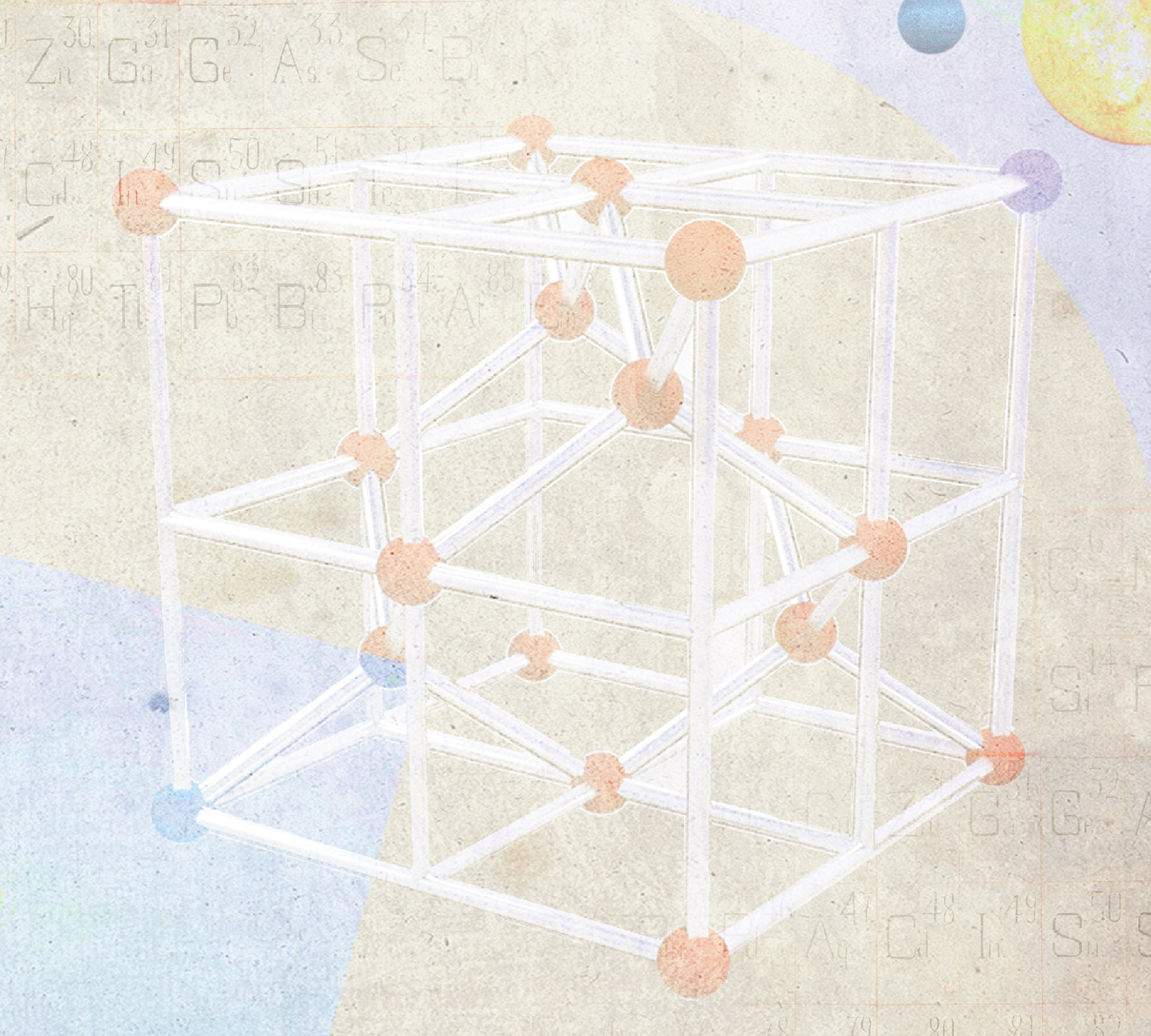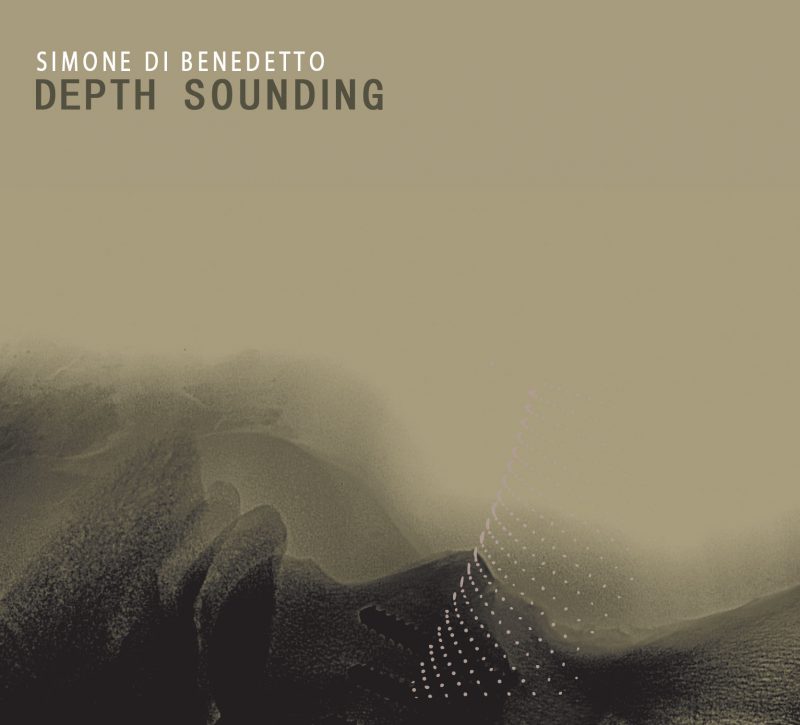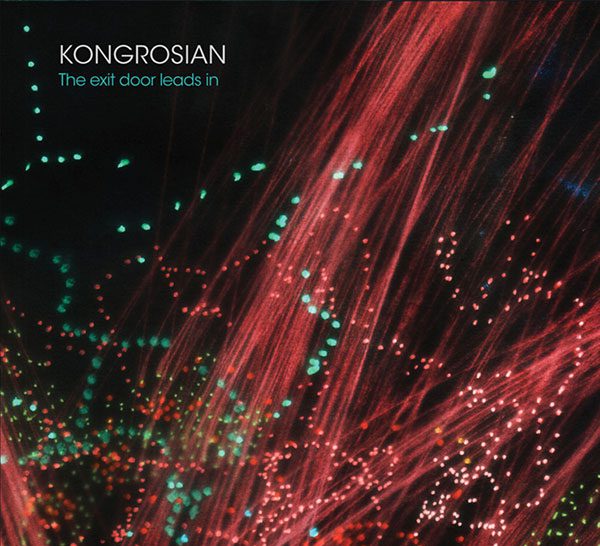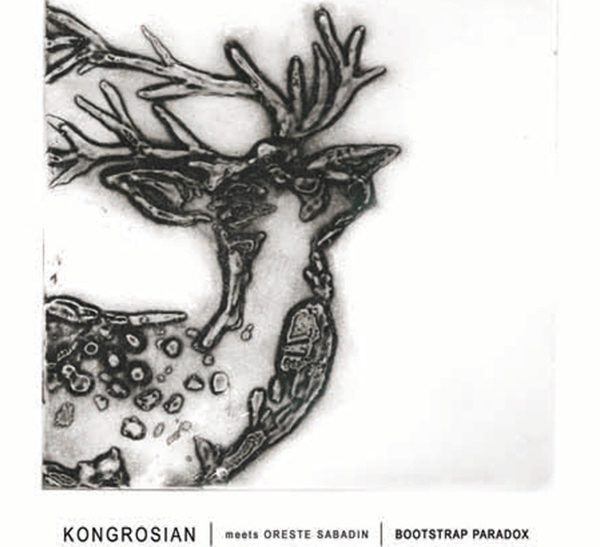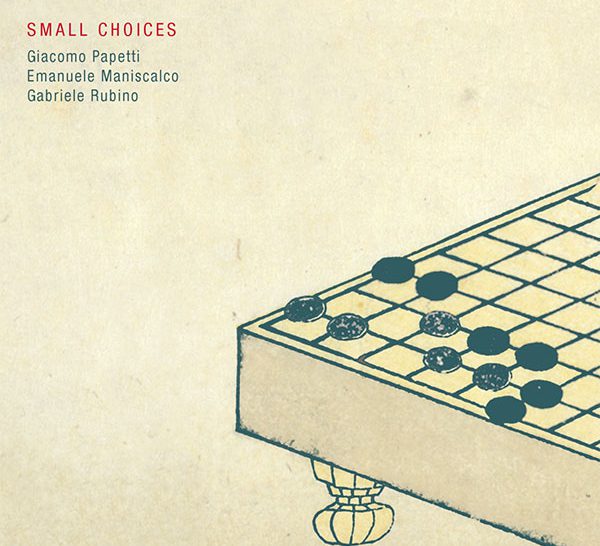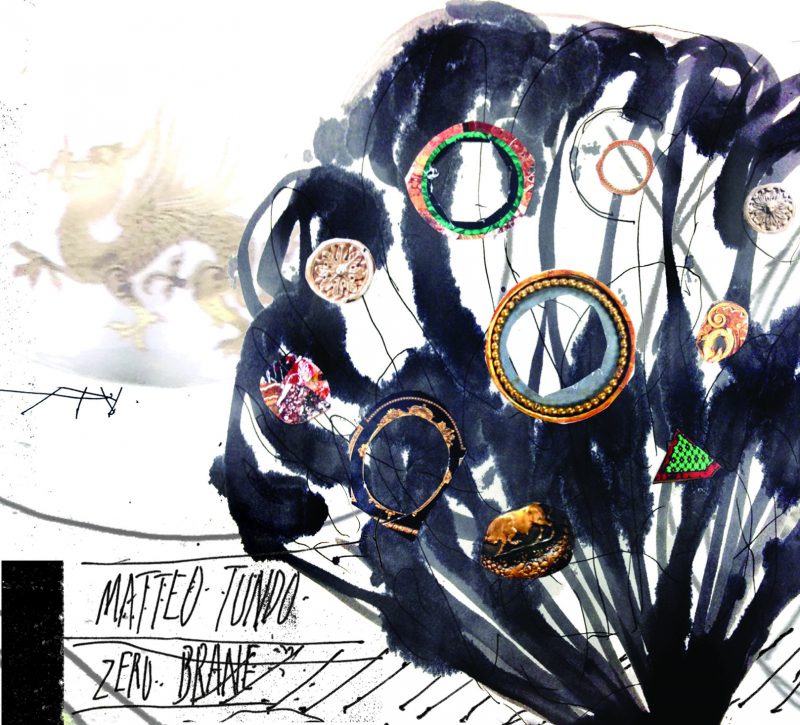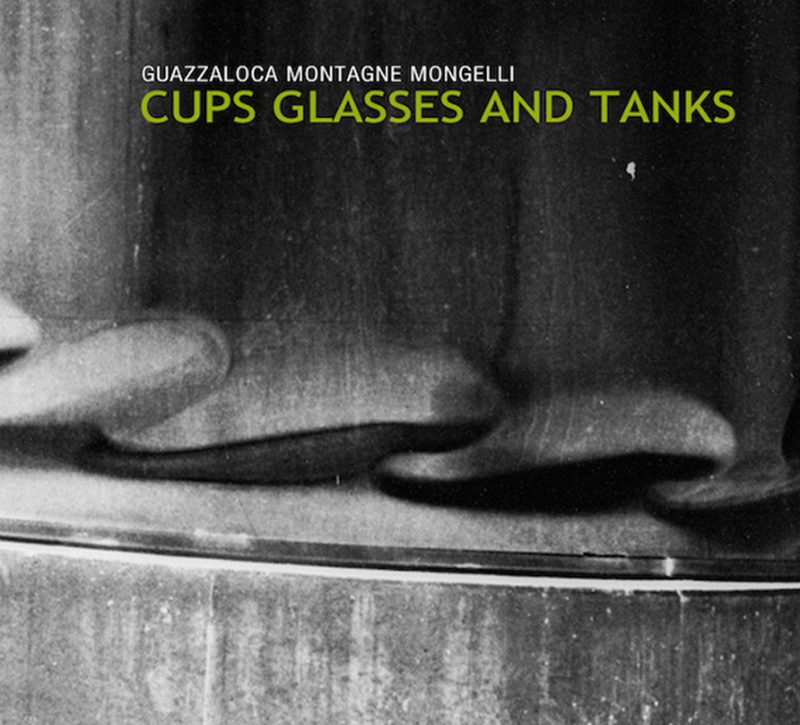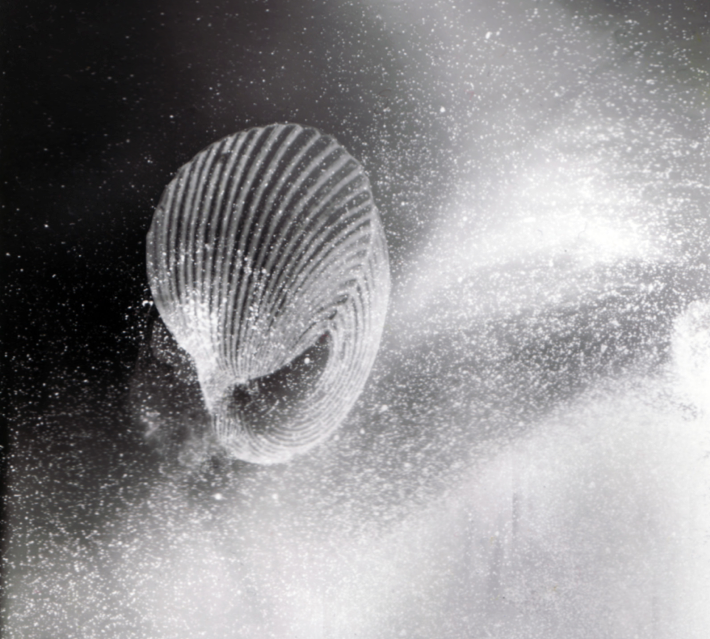Listen
Buy lossless digital version in our Bandcamp digital storeTracklist
01. Landascape #1 – 04:37
02. Argon – 04:17
03. Idrogeno – 05:53
04. Zinco – 05:00
05. Ferro – 04:52
06. Potassio – 05:26
07. Nichel – 04:43
08. Piombo – 03:30
09. 110A – 04:14
Tracks 1 by Simone Di Benedetto, 2-8 by Alberto Collodel, 9 by Anthony Braxton
Video
Credits
Recorded by Alberto Collodel and Simone di Benedetto, June 2015 at Torre di Porta Nuova, Venice, Italy.
Mixed and mastered by Mirko di Cataldo, January 2016, Padua, Italy.
Artwork by Michele Pedrazzi
Layout by Laure Catugier
Produced by DST and Aut Records in 2016.
Description
The short stories that compose Primo Levi’s “The Periodic Table” are among his most interesting works, thanks to an approach – telling his own life through chemical elements – offering a precise formal reference, where fantasy may be set free.
The most interesting outcomes of contemporary jazz and improvisation often lie within similar coordinates, in a stratified and multi-directional dialectic between the freedom of narrating one’s self – and one’s self in relation to others – and the slightly awkward fascination of the limitations set by conventional forms.
It’s therefore no coincidence that Alberto Collodel and Simone Di Benedetto, while conversing with clarinets and double bass, openly draw their inspiration from seven of the short stories from that marvelous book. Together they move around scores and schemes that allow them to distil the musical flow into precise, thoughtful pieces.
Two more pieces open and close this suite. One is by Di Benedetto and the other by Anthony Braxton, an artist used to working with schemes and formulas – often graphically conceived as chemical ones – and to creating highly original structures.
The best way to approach this excellent music is to act like an original reagent, that spontaneously allows the single elements to transform into something different and unexpected.
The only difference with chemistry is that, while reagents are burnt down after reaction, not only won’t this record burn you out, but you’ll get enriched by it. Enjoy.
